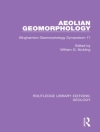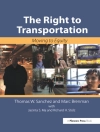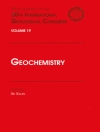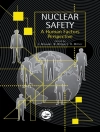The authors of this book, who represent a broad range of scientific disciplines, discuss the issue of centralized versus decentralized control and regulation in the context of sustainable development. The stability and resilience of complex technical, economic, societal and political systems are commonly assumed to be highly dependent on the effectiveness of sophisticated, mainly centralized regulation and control systems and governance structures, respectively. In nature, however, life is mainly self-regulated by widespread, mainly DNA-encoded control mechanisms. The fact that life has endured for more than 2.4 billion years suggests that, for man-made systems, decentralized control concepts are superior to centralized ones. The authors discuss benefits and drawbacks of both approaches to achieving sustainability, providing valuable information for students and professional decision makers alike.
Table of Content
Regulation and Control Processes in Ecosystems.- Control and Management of Man-Made Systems.- Governance of Societies Towards Sustainable Economies.- Sanitary Engineering: Central or Decentral Solutions?.- Communication, Mobility and Logistics.- Summary and Recommendations.
About the author
Peter A. Wilderer, Institute for Advanced Study, Technische Universitaet Muenchen, Germany Martin Grambow, Head of the Division on Water Management and Conservation of Soil, Bavarian State Ministry of the Environment and Consumer Protection, Munich, Germany












